Vancouver-based Arno Kopecky and John Vaillant are author colleagues celebrated for their writing about nature and climate change. Kopecky’s most recent book is the highly praised ‘The Environmentalist’s Dilemma: Promise and Peril in an Age of Climate Crisis.’ Vaillant’s is ‘Fire Weather: The Making of a Beast,’ a global bestseller about the 2016 Fort McMurray firestorm, nominated for this year’s Pulitzer Prize. News that the oilsands hub is once again threatened by wildfire prompted us to invite the two to share their thoughts. Kopecky reached Vaillant by phone as he was camping in New Mexico. Here is their lightly edited conversation.
Arno Kopecky: What went through your mind, John, when you heard Fort Mac was being evacuated?
John Vaillant: I didn’t think it was going to happen again. But this is the so-far-unassailable advantage that climate change has over our species: its capacity to continually surprise us, even though we have the data. We shouldn’t be surprised that this is happening. It isn’t “one to a customer.” As long as there’s fuel and this kind of heat, these fires are going to burn.
What’s painful to consider is that this is life in the Canadian West, and probably Canada in general, for the rest of our lives. We’re going to be dealing with this every year, over longer and longer seasons. And so, Fort McMurray evacuating last week — the fire doubling in size over 24 hours, a lot of that doubling in the wrong direction, toward town — this is just what happened in May 2016.
The signal differences are: humidity is higher, which is good, and the temperatures are lower, which is good. But counteracting that is the desperate dryness of the landscape. It’s flammable. And it doesn’t matter if it’s 20 C or 30 C, it’s still going to burn, and once that fire really gets going, as this one is still capable of doing, it’s going to do its own heating, its own drying, it’s going to create its own pyro-ecosystem, which can enable catastrophic burning.
Kopecky: Are you in touch with any folks from Fort Mac?
Vaillant: I’ve made a couple of inquiries, but not too much. Most of the people I interviewed moved away after the 2016 fire. Once was enough.
Kopecky: By odd coincidence, I was on a plane last night from Toronto to Edmonton and happened to sit next to a heavy-duty mechanic who works for Kearl in the oilsands. I was coming back from a trip to Germany and this was one of the connecting flights. We’d both had a long day by this point. He said a bunch of his flights had been cancelled and he was glad to finally get on this one. He was very friendly and we struck up a conversation.
He asked what I do. I laughed and said, well, I’m an environmental journalist. We both chuckled at the odds of an oilsands worker being forced to sit beside an environmentalist for four hours. But of course his guard went up a bit. I didn’t go into interrogation mode but did ask some questions about his work. Does he like it, is he treated well, does he have a steady employer, how’s morale? He spoke highly of it all, a bit self-consciously. He said of course the environment is important, and that while he recognized his bias he felt Kearl is a responsible company, the air doesn’t stink around their operations, they don’t have huge dirty tailings ponds, they’ve genuinely cleaned up their act. And I left it there. We were both married with young kids, so we talked about the struggles and joys of parenthood. I knew there was a fire building near Fort Mac but I didn’t bring it up.
But it raised this question of how do you talk to folks like that? The thing that struck me most about him was that he grew up in Bosnia, his family fled the war when he was six and spent the next couple of years in a refugee camp in Austria. “I’ve seen things you wouldn’t believe,” he told me. Finally his family settled in Fort McMurray.
It made me think of all the refugees that climate change is creating, right here in Canada. Even if they’re often temporary evacuees, Lac La Biche, Edmonton, all these cities are now filling up with temporary climate refugees. About 250,000 of them last summer alone. In 2024 it’s about 10,000 so far, by mid-May. And that guy from Bosnia’s long day was about to get longer.
Vaillant: This is where the rubber meets the road in this conversation. Petroleum is a 20th-century energy, and it’s built on an 18th-century extraction model. And it’s still going because it’s abundant, because the infrastructure is in place and because it’s profitable — for some. But its day is over in terms of real history.
But for the people who work in it — look at who you find up in Fort McMurray. These are people, a lot of them, who come from straitened circumstances. Fort McMurray represents a truly golden opportunity for people with limited options and a certain skill set and turn of mind. Consider this quote from Upton Sinclair: “It’s difficult to get a man to understand something, when his salary depends on his not understanding it.” You kind of have to create this buffer. I always think about that: How would I feel if it turned out that pressing keys on a keyboard and flying around was bad for the climate? The fact is, they are. What if paper books destroyed forests and the glues were really toxic? You know, there’s recycled paper in books, we can rationalize it: We’re doing a better job than we did before. Well, so are Kearl and Suncor.
So, then, you kind of have to look at the scale of it: How much CO2 is generated in order for you to pay the mortgage on your house this month? I bet it’s different if you work in Fort McMurray than if you write out of your café office in Vancouver. There are different kinds of math.
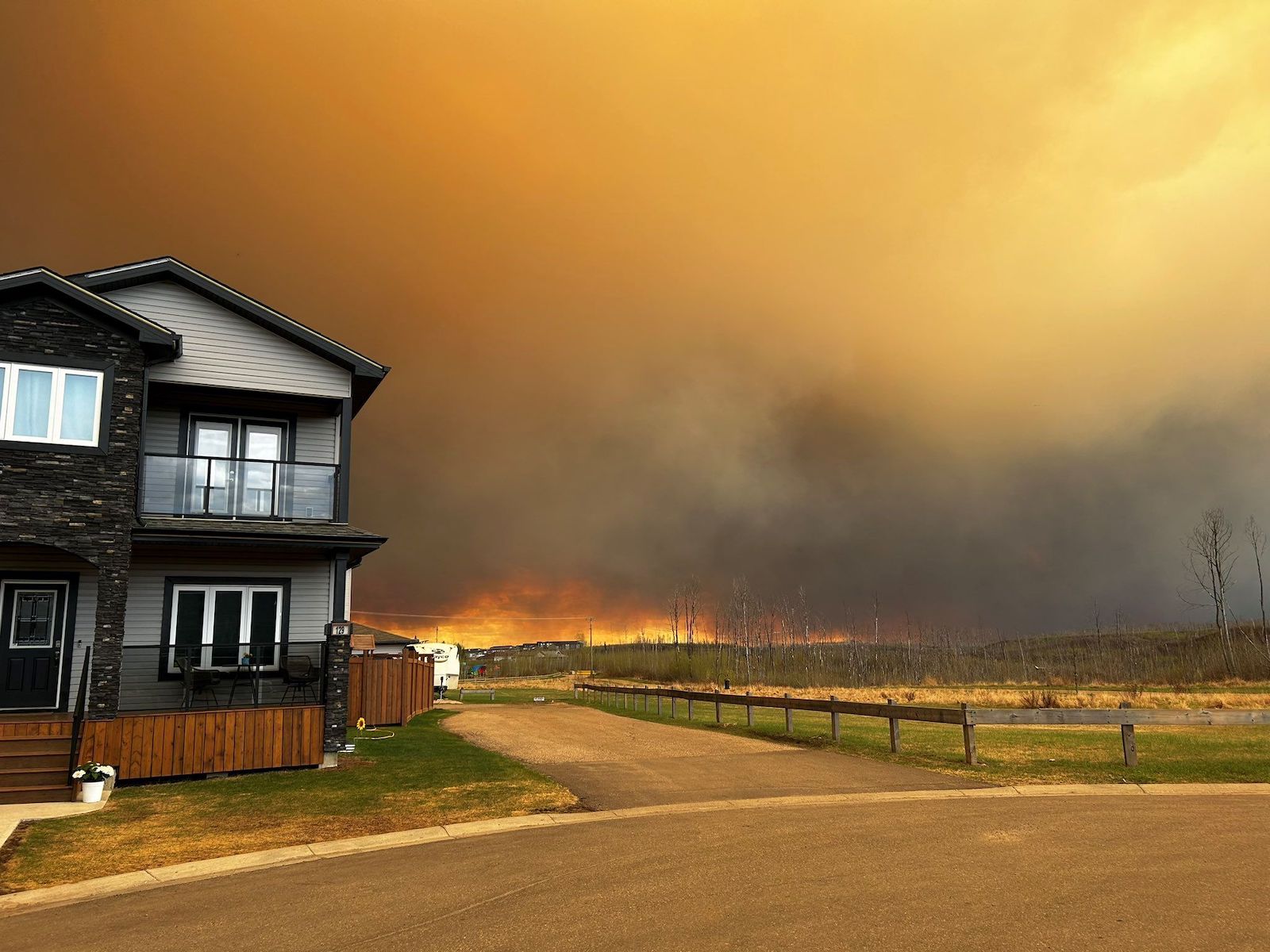
I don’t think there’s a real advantage, morally or practically, in confronting people who labour in that industry, or trying to change their mind. We’re all living in this wicked set of dissonant inconsistencies. I think the worker has much less culpability than the bankers and the government officials and the oil company executives who have far better access to information about the damage that their industry does, and what their investments do. They’re the ones with the leverage to make positive change. And they know. They know the impact of what they do in a way that the guy from Bosnia may not.
Kopecky: It’s funny, because one of the ways I tried to find common ground with that guy was to say, yes, we’re all complicit. Here we are on a plane together, I just flew to Germany and back basically for fun, so I’m not about to lecture you about your climate footprint. Quite the opposite. I wrestle with that a lot. We’re all part of this machine, and there’s a different moral calculus for the people holding the controls, the big bank and fossil fuel executives and the politicians who empower them; but for everyday folks it’s a very different calculus.
Vaillant: I think you’ve touched on a crucial point — the fact that everything we’re doing demands a multi-pronged approach: we need to decarbonize, we need to develop alternative energy, and we need to hold petroleum companies and their enablers to account. We also need youth groups like Climate Defiance who are willing to take the heat of crashing fundraisers and confronting these folks directly.
In terms of what my role is: I don’t really like confrontation. I’m a lover, not a fighter. And I wonder sometimes if I’m a coward. But I have this ability to phrase things in a way that a lot of different people are able to take in — to really hear — without feeling threatened by it. A whole bunch of loggers and Haida both read The Golden Spruce. Stephen Harper’s head of comms, Andrew MacDougall, not only read Fire Weather, but he tweeted enthusiastically about it, exhorting others to read it. So, in a sense I got him and [former Liberal minister of environment and climate change] Catherine McKenna, who also tweeted about it, into the same “room,” and onto the same “page.” I’m proud of that, and I’m also truly grateful for the time that both of those extremely busy, different people took to read Fire Weather.
But I still wonder, should I be blocking traffic and holding a sign? We don’t have 50 years. We are past time. There were a quarter of a million Canadians on the road last year, rendered temporarily homeless by fires and the threat of fires. It’s traumatizing; climate violence undermines the Canadian populace the same way gun violence undermines the American populace. Impacted individuals don’t have the same confidence, they don’t have the same bandwidth, they don’t have the same resources they had before. It erodes the soul of the country.
Kopecky: There’s a part of me that’s constantly pulling my hair out in frustration and confusion at society’s lackadaisical response to all this. But I feel like my job as a writer is to put that part aside and calmly say, OK, this is how people are; how does a writer respond? This is most acute with respect to the rise of far-right power across the world, including here.
If an election were held today in Canada, Conservatives would absolutely crush everybody else. This is the party that all but openly denies climate change. After the last five years we’ve had, how do we explain that? How do we respond? What should I be writing about, what tone should I strike? That’s the central conundrum for me and many others now, and I haven’t unravelled it.
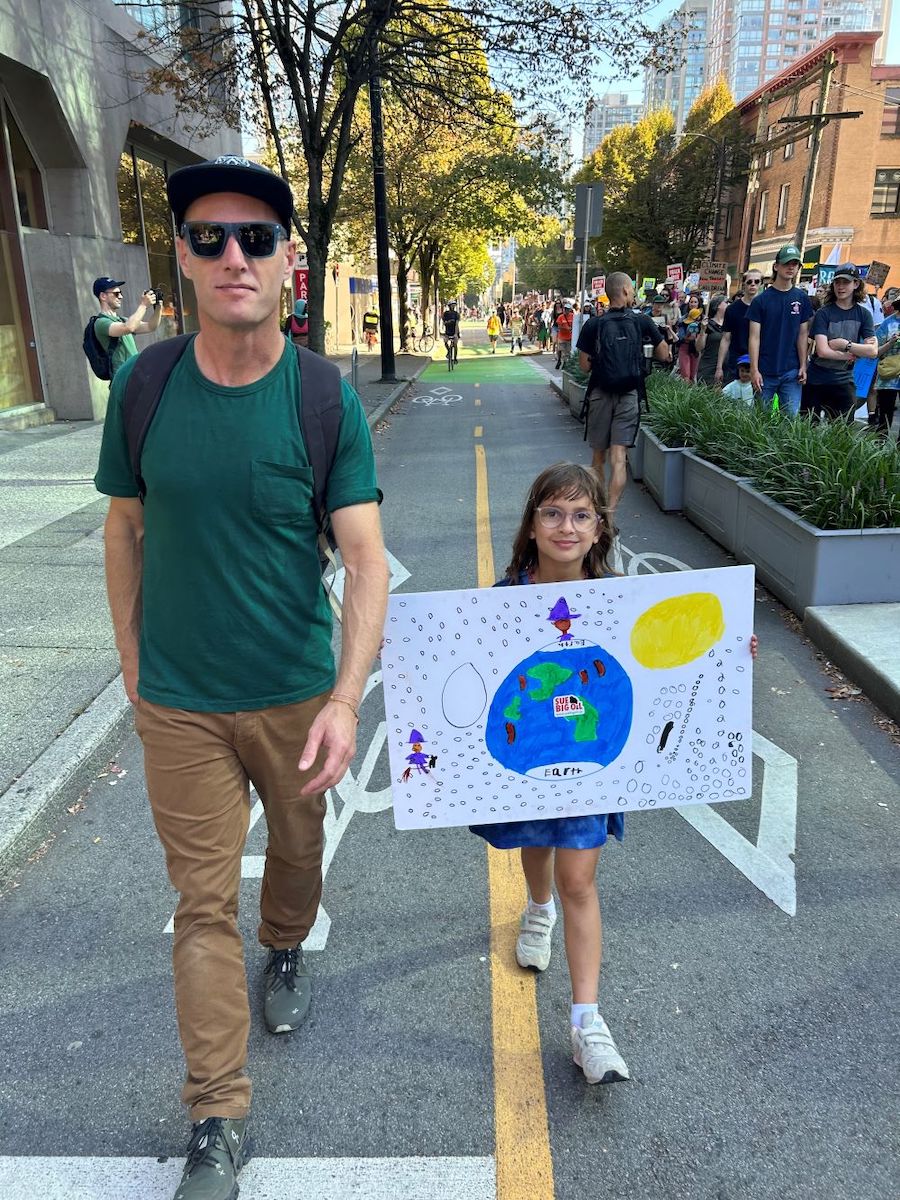
Vaillant: I’ve been so embedded in the climate/fire file, I don’t have a good answer for you about how to address or respond meaningfully to the rise of conservatism. It doesn’t seem sustainable to me. It’s obviously a reaction — an inflammation responding to an irritant. Trudeau is just a tiny part of that. I think it’s also people unwilling to face the reality of who and what we are: we are a fire-powered civilization that is addicted to combustion, and it seems we will do anything before we give that up. It means a lot of people will lie, and believe lies, before they give up that status quo.
We need different points of connection. And you need a point of connection for that oilsands worker from Bosnia. You guys shared that whole flight and you had some laughs, traded some tales. You have no idea how important that was for him, and the next time he hears someone ragging on environmentalists he might say, “Oh, I sat next to one, and he wasn’t an asshole.” That could be huge.
Kopecky: Ha! Way to make me feel better for not pressing him harder.
Vaillant: Who are you — who am I — to press a guy like that? Think of the things he has seen and endured. And now, finally, he’s in a place that’s relatively stable, that’s basically law-abiding, where you get paid on time, where you can actually have enough margin to plan for the future. How could we deny somebody that freedom and safety, and how could we fault them for wanting that, and going through Fort McMurray to get it? ![]()
Read more: Media, Environment
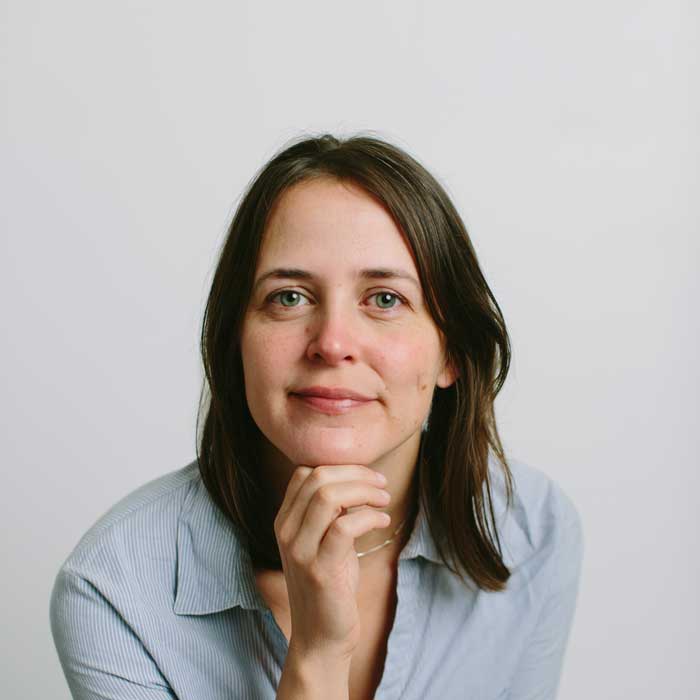



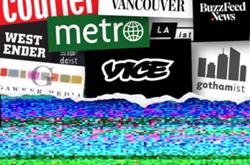
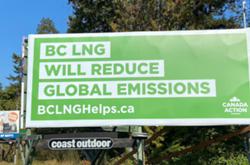
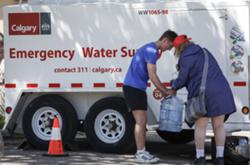
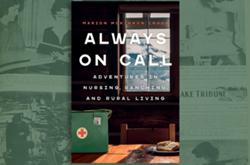
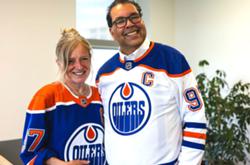
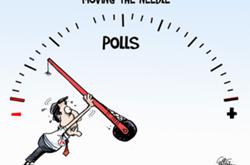
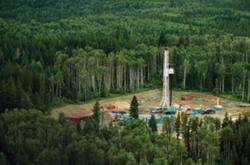
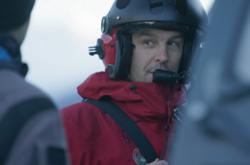

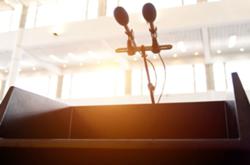
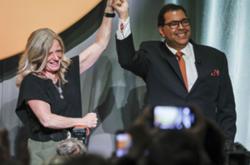
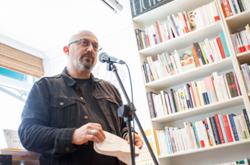
Tyee Commenting Guidelines
Comments that violate guidelines risk being deleted, and violations may result in a temporary or permanent user ban. Maintain the spirit of good conversation to stay in the discussion and be patient with moderators. Comments are reviewed regularly but not in real time.
Do:
Do not: